Summary
- The textile market encompasses the production, distribution, and marketing of textile products.
- Various types of businesses within the textile market play a crucial role in the production chain.
- Discover the benefits of managing each stage of your collection with Audaces360 multi-solution! Sign up for the free trial now.
The textile market is a vast industry sector that covers the entire spectrum of textile product production, distribution, and marketing.
These products are crafted from various fibers and encompass a wide range of items. This market plays an integral role in the global economy and is one of the most time-honored and traditional sectors of society.
The textile market spans the entire production chain, starting from the creation of raw materials like cotton, wool, silk, and synthetic fibers to the manufacturing of ready-made pieces.
If you’re eager to learn how this industry functions, its significance, and how to source reliable textile suppliers, you’re in the right place.
Sumário
Read on and enjoy!
What are the business opportunities in the textile market?
There are numerous business possibilities within the textile market, spanning from raw material production to the sale of finished products.
Discover some of the key types:
Clothing manufacturing
Starting your own clothing brand is a viable option. You can design and produce your own clothing items, targeting specific markets such as women’s, men’s, or children’s clothing.

Clothing customization services
Offering customization services presents another lucrative business opportunity. This may include services like embroidery, hand-painted prints, beading, and other exclusive details that enhance the value of clothing.
Learn more: Discover how immersive fashion can benefit your apparel business
Fabric retail
If you prefer not to engage directly in manufacturing, you can establish a store specializing in fabric sales. This appeals to both manufacturers and consumers who wish to create their own clothing items.
Clothing wholesaling
If you have access to reliable suppliers, consider entering the wholesale business. You can sell your products to retailers and department stores. This entails negotiating contracts with external suppliers for mass production.
Learn more: Discover how to reduce costs in wholesale clothing production
5 different business types in the textile market

Various business types in the textile market perform pivotal roles within the fashion production chain.
They work in synergy, catering to the needs of manufacturers, retailers, and end consumers, thereby enriching the diversity of this sector.
Let’s explore some of the business possibilities within this industry:
Fabric and yarn producers
Fabric and yarn producers are responsible for manufacturing textile raw materials. They can produce different types of resources, such as cotton, silk, linen, polyester, wool, among others. With these materials on hand, they create the threads used to weave fabrics.
Products can be sold to clothing manufacturers, wholesalers, retailers or even other industries, such as automotive and furniture.
Fabric and yarn producers are responsible for the creation of textile raw materials.
They can manufacture a variety of resources, including cotton, silk, linen, polyester, wool, and more.
These materials serve as the building blocks for weaving fabrics.
The produced products find applications in clothing manufacturing, wholesaling, retailing, and even in other sectors like automotive and furniture.
Learn more: Uncover the fabric composition chart and the most utilized types
Trimming production
Application producers specialize in crafting components required to produce clothing and various textile items.
This encompasses zippers, buttons, elastics, ribbons, lace, and other essential accessories.
These products are vital for ensuring the functionality and aesthetics of clothing and textiles.
Trimming producers can supply their products to clothing manufacturers, wholesalers, fabric stores, and clothing retailers.
Dyeing
Dyeing refers to the intricate process of imparting vibrant colors to textile materials.
The professionals involved provide dyeing services to a wide range of clients, including clothing companies, ateliers, and even individual customers.
Additionally, they employ various techniques such as cold dyeing, hot dyeing, immersion dyeing, and sublimation printing to achieve the desired coloration.
Printing
Printing involves the application of patterns, designs, and images onto fabrics, opening up a realm of creative possibilities.
These prints can be achieved through diverse techniques, such as screen printing, digital printing, heat transfer printing, and hot stamping.
Printing services are extensively utilized within the textile industry, enabling the creation of fashion-forward and artistic textile pieces.
Clothing companies, brands, designers, and end customers can all benefit from these printing services.
Learn more: Get to know the top 6 textile printing types and their applications
Embroidery
Embroidery is a refined textile decoration technique that entails the application of intricate designs or patterns through the use of lines and trimmings.
This technique can be executed manually or with the assistance of computerized embroidery machines. Embroidery services are highly sought after by clothing brands, uniform suppliers, and those in need of promotional items, among others.
Embroidery adds an elegant and distinctive touch to textile products, elevating their appeal and value.
The importance of reliable suppliers in the textile market
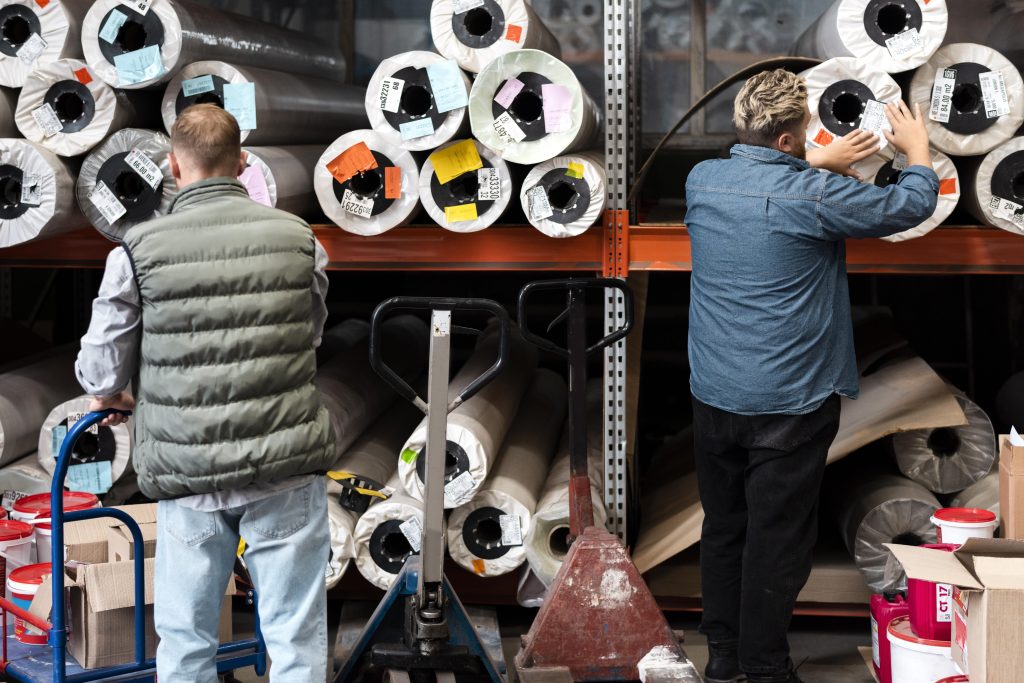
Having realiable suppliers in the textile market is of paramount importance for various reasons:
- Quality assurance: Suppliers that offer high-quality ensure that your textile products meet the highest standards. The use of low-quality materials can result in defective products, customer dissatisfaction, and potential harm to your company’s reputation.
- Timely delivery: Timely deliveries are vital for meeting production deadlines and ensuring the punctual delivery of finished products to your customers.
- Competitive pricing: Fair and competitive pricing from suppliers enables your business to maintain healthy profit margins. This allows you to offer volume discounts and flexible payment terms.
- Variety of options: Quality suppliers typically offer a wide array of materials, colors, and finishes. Having access to differentiated products is essential for meeting customer demands and staying aligned with market trends.
- Business partnership: Reliable suppliers become true business partners. They provide technical support, guidance, and valuable information about the sector. This can help resolve operational issues and improve overall efficiency, making them a valuable resource in boosting your fashion business.
Learn more: Discover the challenges in the textile industry’s supply chain and how to overcome them
Key trends shaping the textile market
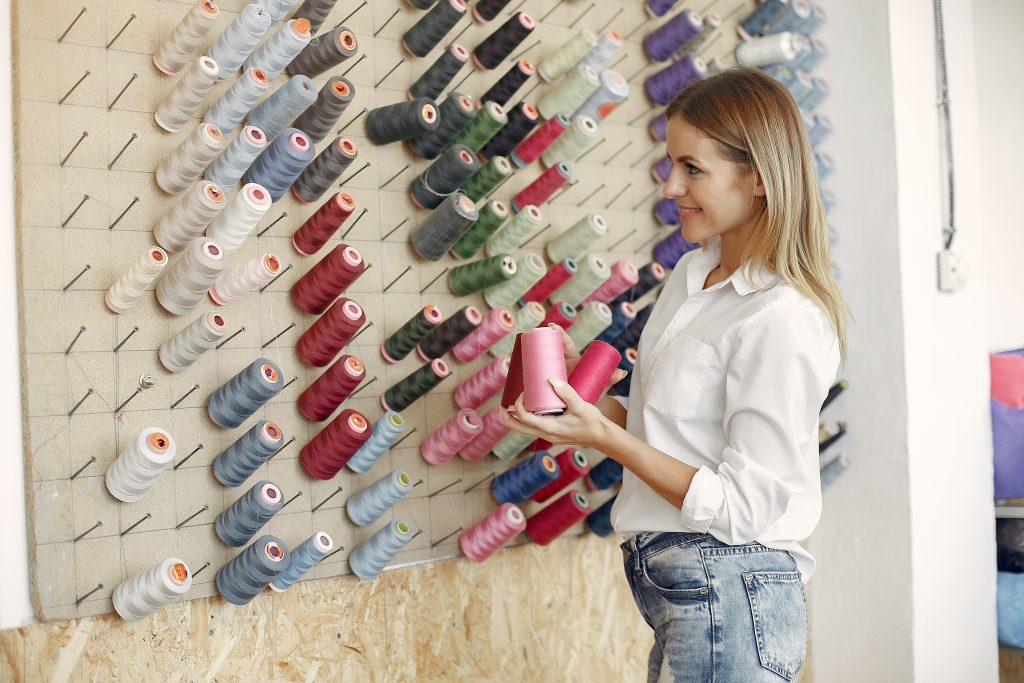
The textile market is in a constant state of evolution, heavily influenced by shifts in consumer behavior and technological advancements.
Explore the major trends making an impact on the textile sector:
Sustainability
The textile industry is increasingly focusing on sustainability as consumers seek products with a reduced environmental footprint.
This trend involves the use of organic, recycled, and sustainably sourced fabrics, as well as efforts to reduce fabric waste.
Eco-friendly dyeing and printing processes and ethical production practices are central to this movement.
Learn more: Why consider sustainable consumption and production for your company?
Circular fashion
This trend has gained prominence for its emphasis on reducing waste and extending the lifecycle of clothing.
It encompasses the use of recycled materials, recycling practices, and the repurchasing of used clothing items.
Business models like clothing rental, exchanges, and repair services are gaining popularity in this context.
Learn more: What circular fashion is and why you should implement it in manufacturing
Wearable technology
The integration of technology into clothing is a significant trend.
Smart fabrics featuring embedded electronic sensors and connectivity offer various functionalities.
Smart clothing can enhance sports performance, monitor health, provide thermal comfort, and offer interactive features.
Digitization and e-commerce
E-commerce is a dominant force in the textile market, enabling companies to reach a global audience and provide convenient purchasing options.
The digitalization of processes, including computer-aided design, 3D modeling, and on-demand production, is gaining traction, leading to increased operational efficiency.
Learn more: Boost your e-commerce store with a clothing virtual fitting room
Customization and on-demand production
Consumer demand for personalized and exclusive products is on the rise.
On-demand production, coupled with technology, allows companies to offer customization options such as size adjustments, color choices, and personalized prints.
Learn more: Discover the fashion metaverse and make your collection stand out
Transparency in the supply chain
Consumers are increasingly concerned about the origin of the products they purchase.
They seek information about the sourcing of materials, working conditions, and environmental responsibility.
Transparency in the supply chain, with traceability and certifications, has emerged as a crucial trend to establish trust with consumers.
Learn more: Learn what ESG score is and how to apply it to your clothing company
Partner with a technology leader in the textile market!
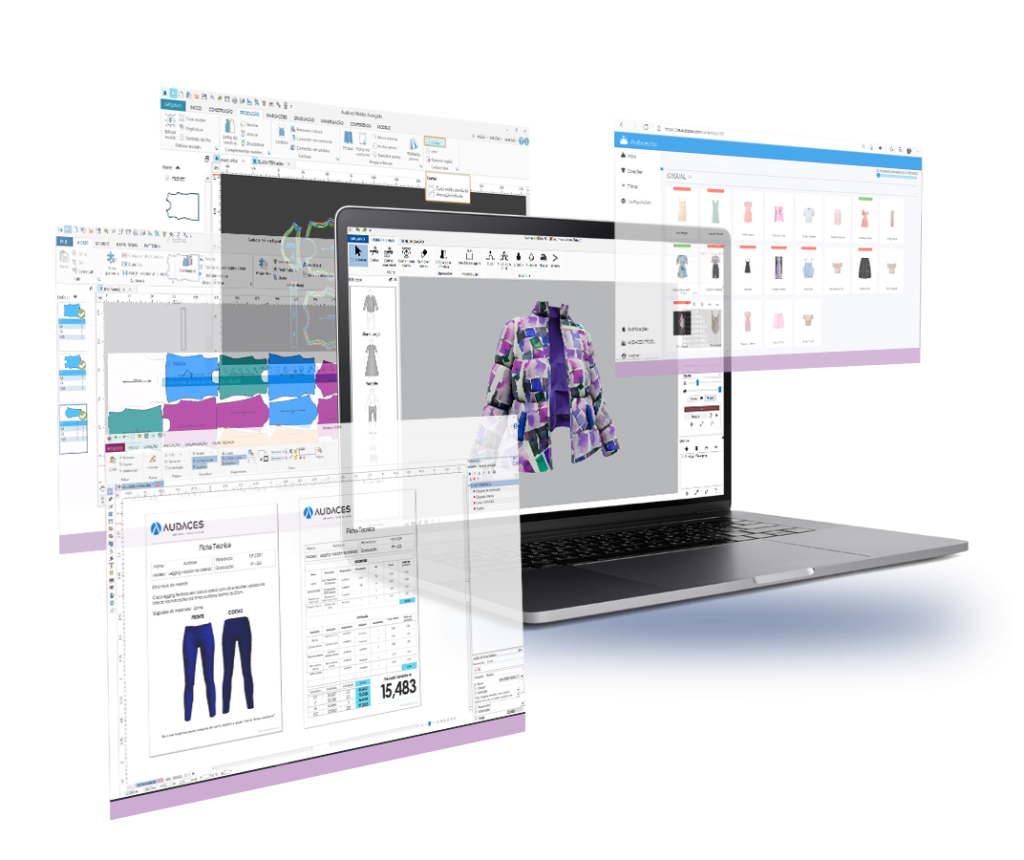
If you aspire to equip your company with the latest technology, gaining a competitive edge in the textile market, Audaces Solutions is the answer you’ve been seeking.
Explore the world of Audaces and discover why we lead the way in fashion technology worldwide:
Audaces360
Audaces360 is an ecosystem designed exclusively for the textile and fashion sector, with the primary objective of optimizing and streamlining processes related to collection development.
This comprehensive solution offers an array of tools tailored to the creation, production, and fashion management stages.
Key features of Audaces360 Include:
- Product development
- Precise marking and reduced fabric consumption
- Production management
- Integration with other systems
- And much more!
The possibilities are boundless, as Audaces360 encompasses a wide range of features designed to elevate your business.
Now, don’t miss the chance to access our free e-book right now, providing you with valuable insights on how to boost your manufacturing processes:
FAQ
Textile market opportunities span from raw material production to selling finished products.
Trustworthy suppliers provide quality materials, on-time delivery, and fair pricing.
Major trends include sustainability, circular fashion, e-commerce, wearable tech, and personalization.



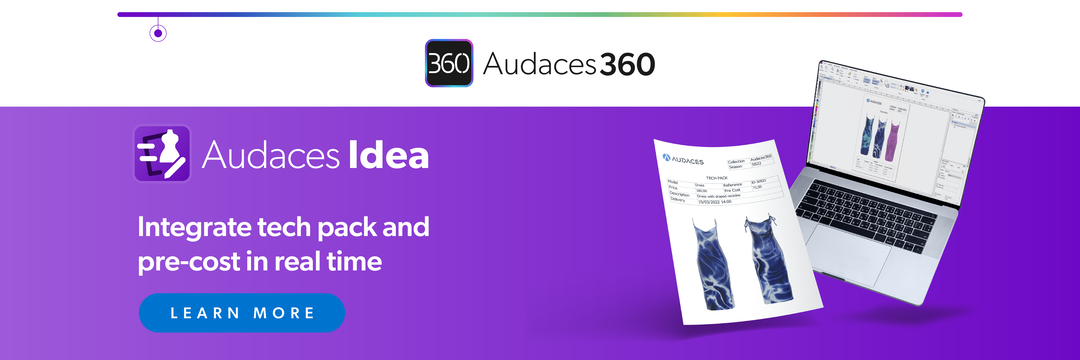






One Response
Gratitude overflow! This insightful piece on ‘Uncovering Opportunities for Your Fashion Business in the Textile Market’ is a game-changer! Kudos to the author for shedding light on key strategies. My fashion venture is already reaping rewards. Thank you for this invaluable resource – truly a beacon for success in the dynamic textile market!